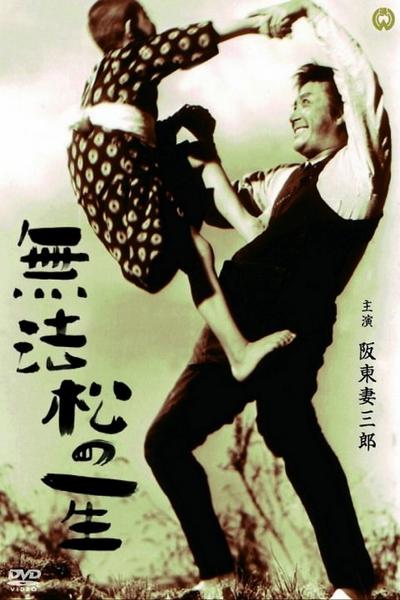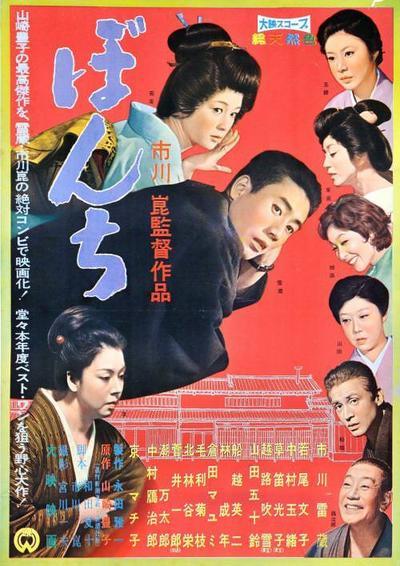

Quote:
After a retreat to the atmospheric and spectral Loft and Retribution that reinforce Kiyoshi Kurosawa’s reputation as a horror filmmaker, Tokyo Sonata continues in the vein of his idiosyncratically personal (and arguably, more interesting), yet equally unsettling films that began with Bright Future. As the film begins, the family patriarch, middle-aged senior administrative manager, Ryuhei (Teruyuki Kagawa) has been notified that the company has outsourced his job to China (where his salary would pay for three language-fluent office workers) and, without portable skills that could be applied to another department, will be immediately laid off from work. Reluctant to tell his family for fear of undermining his authority, Ryuhei continues the pretext of leaving for work with his briefcase each morning, spending his days alternately lining up at a job placement office and a charity lunch service on the park.Read More »









